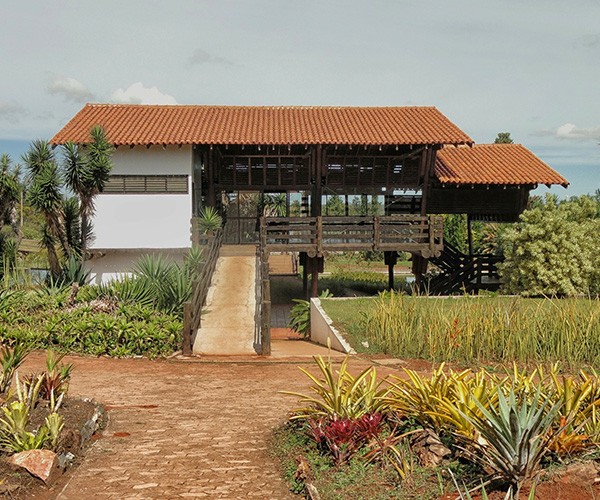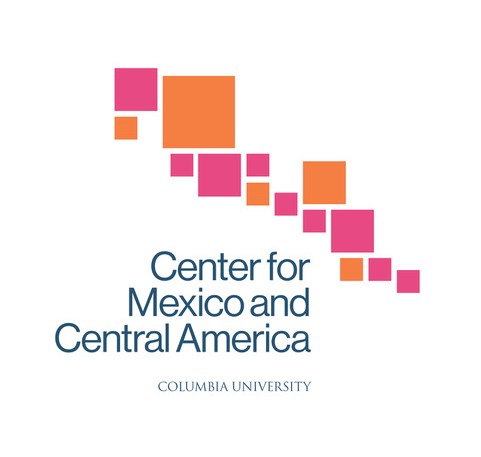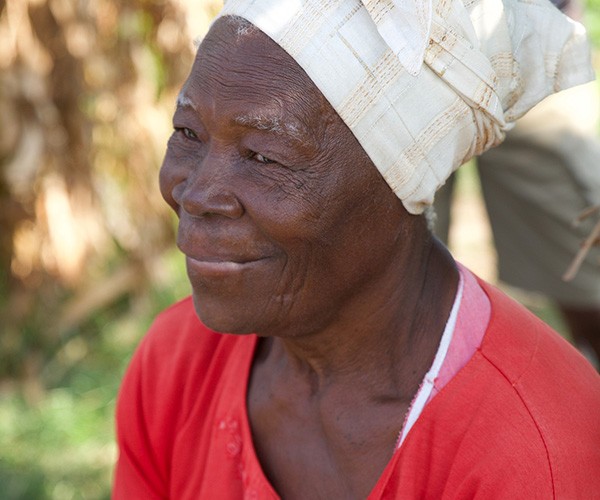The ILAS regional centers are focal points of academic inquiry, coordinating the research and scholarly pursuits of faculty from across Columbia’s campuses and from a wide range of disciplines. The centers also deepen faculty and student engagement with their counterparts from across Latin America and the Caribbean basin, thus enriching the student experience, Columbia’s academic culture, and the broader intellectual community of New York City.
Lemann Center for Brazilian Studies
Established in 2001, the Lemann Center for Brazilian Studies was created to offer a place for scholars and students to pursue and share research and scholarship on Brazil. In carrying out its academic mission, the Center stimulates new research and debate on Brazil. The Center is committed to training future leaders for careers in research, government, and the private sector related to Brazil. Serving as the key focal point for all students and faculty at Columbia with interest in Brazil, the Center’s largest constituencies include those affiliated with Columbia’s School of International and Public Affairs and from the numerous academic units of the Graduate School of Arts and Sciences.
Center for Mexico and Central America
CeMeCA serves as an educational and research platform at Columbia from which to research, teach, imagine, and engage with Mexico and Central America.
With its explicit acknowledgement of Central America, the newly renamed Center elevates historical and contemporary dynamics that shape our hemisphere. Today, Central America, Mexico, and the United States are linked by transnational flows of various types, including capital, commodities both licit and illicit, and people. Those flows have profound political, economic, social, and cultural implications for people throughout the region. So too do shared histories of colonialism and empire.
Greater Caribbean Studies Program
New York could not be a more appropriate site for a program dedicated to the study of the Greater Caribbean given the city's links to the region from its Dutch origins to the present. Unlike most other programs of Caribbean Studies in the United States, which limit their scope to the Antilles, this one encompasses the entire Caribbean basin. After all, the Atlantic coast of Venezuela, Colombia, Panama, much of Central America, and even parts of Mexico and places like New Orleans, share with the Antilles not only geography, climate, and ecology, but also a historical trajectory, cultural traditions, and great linguistic, racial, and socioeconomic diversity. The program's wide scope enables it to address this diversity.
Argentine Studies Program
Building on the strengths of ILAS faculty, including its director, and student interest in Argentina and the Southern Cone, and leveraging ILAS connections with Columbia Global Center Santiago and the work of twenty faculty working on Argentina, the Argentine Studies Program aims to stimulate discussion, research, and collaboration on and off campus about the country and the region, and to provide opportunities for Argentine scholars and decision makers. The Argentine Studies Program currently involves two main initiates, a new Argentine Studies Visiting Fellowship Program and the creation of a Women’s Leadership Network. The Argentine Studies program has also organized a variety of events about Argentina.
Cuba Program
The Institute of Latin American Studies created in 2010 the Cuba Program to increase scholarly exchanges between Cuban scholars and their counterparts in the United States and other countries through publications, lectures, and academic visits. A key component of the program is the Columbia University-University of Havana Academic Exchange whereby Cuban scholars are invited to spend a semester at ILAS to pursue research using the material and human resources available at Columbia and elsewhere in the U.S. The program sponsors seminars and conferences at Columbia and other institutions, and actively cooperates with the media in promoting greater understanding of U.S.-Cuban relations.






